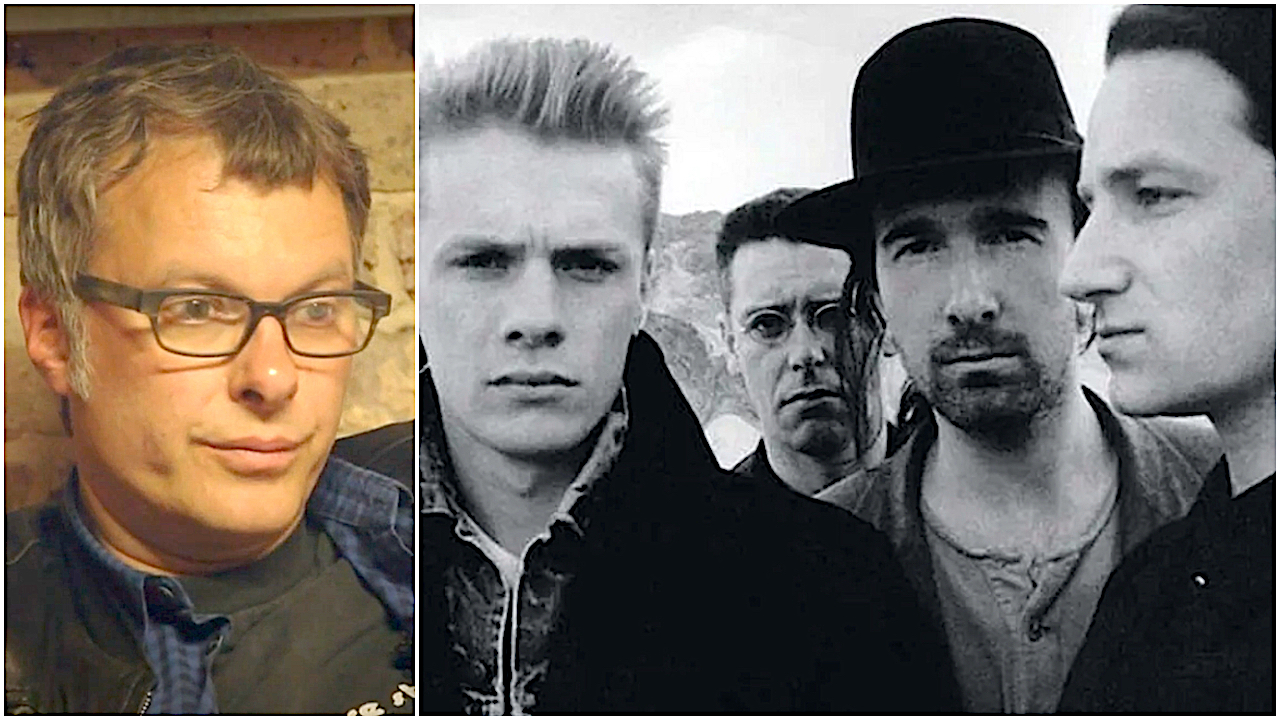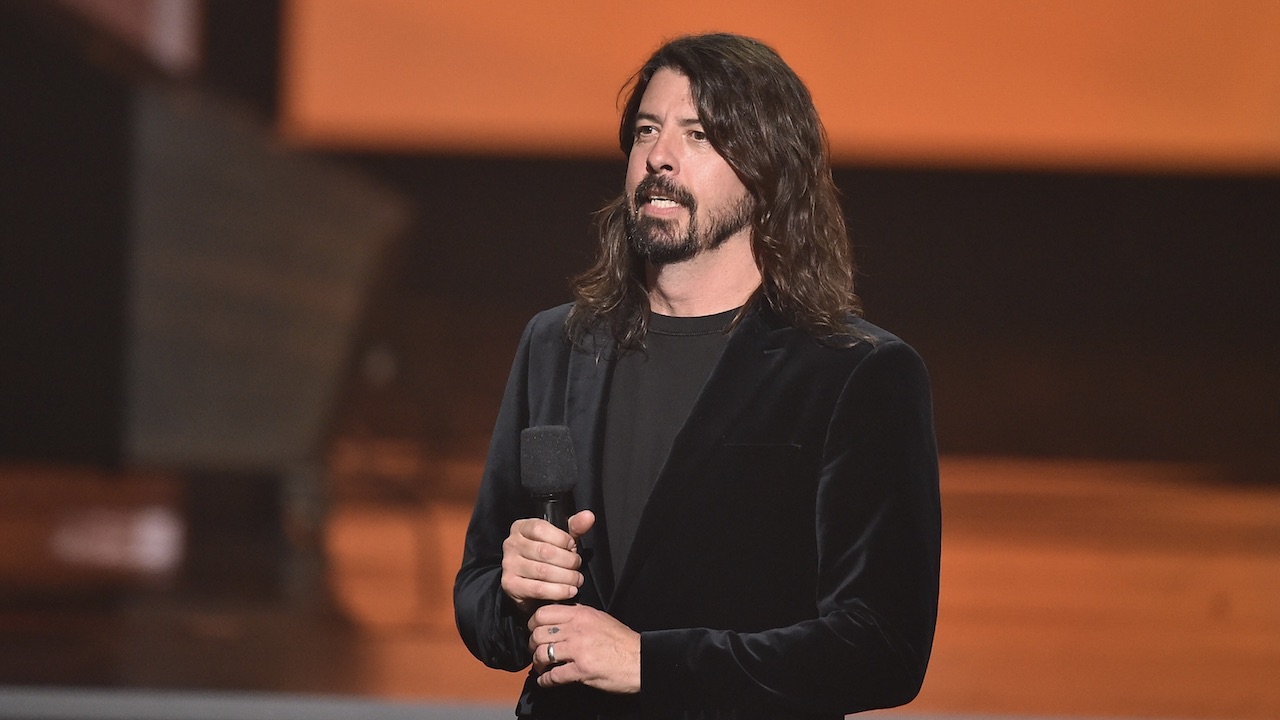“I was sitting in a bar and a friend came in and said, Bono from U2 just phoned my mother trying to find you.” How Depeche Mode/Nine Inch Nails producer Flood got to work with U2, and why working with Brian Eno made him “reappraise everything”
When U2 came calling for British recording engineer Mark 'Flood' Ellis, he assumed it was an April Fool's joke

By the mid-1980s, Londoner Mark 'Flood' Ellis had carved out a name for himself as one of the 'go to' recording engineers for left-of-centre electronica and forward-thinking indie-rock, with credits on albums by Depeche Mode, Nick Cave and the Bad Seeds, New Order, Soft Cell, Cabaret Voltaire and more. But when U2 sought out the studio technician to work on their fifth studio album The Joshua Tree, Flood assumed that he was the being pranked.
Speaking with Musician magazine in 1993, the respected producer/engineer revealed how he came to work with Brian Eno and Daniel Lanois on the Irish band's 25-million-welling masterpiece.
“Around 1986,” he recalled, “I was doing a lot of freelance work at Trident [Studios] and I started getting these strange, vague phone messages like, 'Someone from Dublin is trying to get hold of you.’ Then one day I was sitting in a bar and a friend of mine came in and said, ‘Something weird just happened. Bono from U2 just phoned my mother trying to find you.’ It was around April Fools time so I figured the whole thing was just an elaborate scam.
“The next day I was sitting in the studio and the phone rang. The receptionist said, ‘It’s Bono for you.’ I figured, Yeah, right. But I picked up the phone and there he was. It turns out he’d really liked some of the stuff I’d done with Nick Cave and with [former Virgin Prunes frontman] Gavin Friday, who is one of his best friends. So I was invited to an audio audition, in effect. The band was set up in a house. There was no producer around. They basically said, ‘Here’s what we’re after, here’s a week, let’s see what you can come up with’. About two months later I was asked to record The Joshua Tree.”
Working with Brian Eno on the album, and later on Achtung Baby, was, “an eye-opener,” Flood told Musician.
“No matter how adventurous you think you are, he can be more adventurous,” he said.
“You’d be tinkering with an effect program that seemed pretty radical to you; then Brian Eno would walk in the studio and gang up 15 more effects into one massive chain and turn the whole thing around.”
“Another time,” Flood told writer Alan Di Perna, “I was at the board and I soloed something in a song. Eno said, ‘Stop! Don’t ever solo anything on this track while I’m in the room.’ And I thought, Well, that’s peculiar.
“But he later explained that when you listen to the component tracks of a song, one will be a bit out of tune, another will be a little sloppy - all of them will have their faults. But when you listen to the song as a whole it works. So why analyze the individual components if they’re not necessarily contributing to the downfall of the whole? Working with Eno made me reappraise everything.”
Flood continues to enjoy a hugely successful career, with Nine Inch Nails' The Downward Spiral, Smashing Pumpkins' Mellon Collie And The Infinite Sadness, and PJ Harvey's To Bring You My Love among the classic albums he has produced.
The latest news, features and interviews direct to your inbox, from the global home of alternative music.

A music writer since 1993, formerly Editor of Kerrang! and Planet Rock magazine (RIP), Paul Brannigan is a Contributing Editor to Louder. Having previously written books on Lemmy, Dave Grohl (the Sunday Times best-seller This Is A Call) and Metallica (Birth School Metallica Death, co-authored with Ian Winwood), his Eddie Van Halen biography (Eruption in the UK, Unchained in the US) emerged in 2021. He has written for Rolling Stone, Mojo and Q, hung out with Fugazi at Dischord House, flown on Ozzy Osbourne's private jet, played Angus Young's Gibson SG, and interviewed everyone from Aerosmith and Beastie Boys to Young Gods and ZZ Top. Born in the North of Ireland, Brannigan lives in North London and supports The Arsenal.
